Witches (2024): of motherhood & madness | sobre maternidad y locura
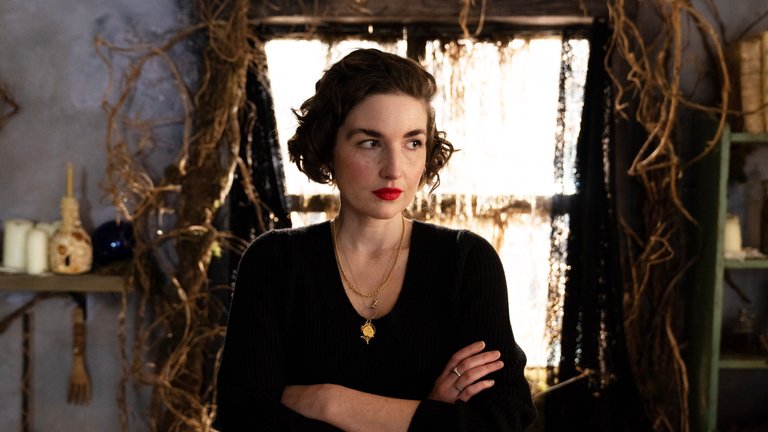.jpg)
Escrita y dirigida por Elizabeth Sankey
I've said it many times, but I'll say it again: thank you, MUBI. In an age where streaming platforms offer repetitive, easy, and convenient alternatives without any kind of curation, or with a curation based on tags and algorithms that always offer us more of the same, MUBI is one of those corners where the selection of titles offered is based on other values and also focuses on uncomfortable, different, but always necessary and edifying proposals, as in the case of this film I bring you today.
Lo he dicho muchas veces, pero lo diré una vez más: gracias, MUBI. En una época en que las plataformas de streaming ofrecen alternativas repetitivas, fáciles y cómodas sin ningún tipo de curación, o con una curación basada en etiquetas y algoritmos que nos ofrece siempre más de lo mismo, MUBI es uno de esos rincones que existen en donde la selección de los títulos ofrecidos se basa en otros valores y apuesta también por propuestas incómodas, diferentes, pero siempre necesarias y edificantes como en el caso de este film que les traigo hoy.
Witches is a documentary from last year, written and directed by Elizabeth Sankey, which is, yes, about witches, but that is not its central point. It's logical that when reading the title of the film and knowing that it's a documentary, one is tempted to think that in its 90 minutes Witches will reconstruct the history of some women condemned for witchcraft or how the patriarchal society used different mechanisms to silence women for many years. And yes, there's some of that at the beginning when, in her own voice, Sankey tells us about her relationship of identification with witches from a very early age thanks to fairy tales and especially cinema, but the documentary is much more than that and its central point is elsewhere. After talking a bit about the relationship between the myths of witches and femininity, Sankey begins to tell her personal experience with motherhood, a very difficult time for her and challenging for any woman. And it's there that Sankey introduces and develops the backbone of this film, which is female psychology before, during and after pregnancy. Even today it's believed with closed eyes that women are hormonal beings and that during their menstrual period they behave in an illogical way, because they are too sensitive due to everything that happens in their body. Pregnancy is then an exacerbation of this situation. I have even heard on a couple of occasions that pregnancy, because of all the changes it produces in the woman's body, could be considered pathological: everything is altered to unusual levels, but it's normal.
Witches es un documental del año pasado, escrito y dirigido por Elizabeth Sankey y que trata, sí, de las brujas, pero cuyo punto central no es ese. Es lógico que al leer el título del film y saber que se trata de un documental, uno se sienta tentado a pensar que en sus 90 minutos de duración Witches reconstruirá la historia de algunas mujeres condenadas por brujería o de cómo la sociedad patriarcal utilizó diferentes mecanismos para silenciar a las mujeres durante muchos años. Y sí, hay algo de eso al inicio cuando, en su propia voz, Sankey nos cuenta su relación de identificación con las brujas desde muy temprana edad gracias a los cuentos de hadas y sobre todo al cine, pero el documental es mucho más que eso y su punto central está en otro lado. Después de conversar un poco sobre la relación entre los mitos de las brujas y la feminidad, Sankey comienza a contar su experiencia personal con la maternidad, una época muy difícil para ella y desafiante para cualquier mujer. Y es allí cuando Sankey introduce y desarrolla la columna vertebral de este film que es la psicología femenina antes, durante y después del embarazo. Aún hoy se cree a ojos cerrados que las mujeres son seres hormonales y que durante su período menstrual se comportan de manera ilógica, porque están demasiado sensibles debido a todo lo que ocurre en su cuerpo. El embarazo es entonces una exacerbación de esta situación. He llegado a escuchar en un par de oportunidades que el embarazo, debido a todos los cambios que produce en el cuerpo de la mujer, podría ser considerado patológico: todo se altera a niveles inusuales, pero es normal.

Within the topic of motherhood and pregnancy, there's one point that's often treated with disdain: postpartum depression. It's true that it exists, and in many cases, it's the reason why women experience a low mood after giving birth. For many years, any strange behavior observed in a woman who had recently become a mother was covered up with this label and not investigated further. But, as was the case with Elizabeth, there are much darker possibilities beneath this normal abnormality.
Dentro del tema de la maternidad y el embarazo, hay un punto que muchas veces es tratado con displicencia: la depresión post parto. Es cierto que existe y que, en muchos casos, esa es la razón por la cual las mujeres entran en un bajón anímico después de dar a luz. Durante muchos años, cualquier comportamiento extraño que era observado en una mujer recientemente convertida en madre se tapaba con esta etiqueta y no se investigaba más. Pero, y tal fue el caso de Elizabeth, existen posibilidades mucho más oscuras debajo de esa anormalidad normal.
One of the most relevant sources cited by Sankey in the film is Catherine Cho's book Inferno: A Memoir of Motherhood and Madness, an autobiographical book in which the author narrates her personal journey through the psychosis she suffered after giving birth. It's one thing to be sad or tired after the effort of childbirth, but it's quite another to suffer the breakdown of reality. When a person suffers from psychosis, the wall separating their dreams from their fears and memories falls down and everything the person feels, sees or hears - even that which is not there - feels real. In that state, Cho came to have dark, self-destructive thoughts, but she also heard voices asking her to hurt her baby. The same happened to Elizabeth Sankey. In the midst of a society in which the role of mother is well established and motherhood is associated with all that is sweet and beautiful, to feel detachment from one's baby, to think of hurting it, or to fear not being able to take care of it, is the epitome of bad mothering. Elizabeth thought she was a bad mother, that she would never be able to care for her child, that there was something wrong with her that would never allow her to embrace motherhood, but then she discovered that she was not alone, that other women, like Catherine Cho, had gone through the same thing and that there was no evil in her, only confusion. She wasn't evil, she was just sick. What the doctors quickly labeled as postpartum depression, in the case of these women was something much more severe. We are talking about psychosis, schizophrenia, mental imbalances that, if not recognized and treated, can have very serious consequences.
Una de las fuentes más relevantes que cita Sankey en el film es el libro de Catherine Cho titulado Inferno: A Memoir of Motherhood and Madness, un libro autobiográfico en el que la autora narra su viaje personal a través de la psicosis que sufrió después de dar a luz. Una cosa es estar triste o cansada después del esfuerzo del alumbramiento, pero otra muy distinta es sufrir el quiebre de la realidad. Cuando una persona padece psicosis, la pared que separa sus sueños de sus miedos y recuerdos se cae y todo lo que la persona siente, ve o escucha - incluso aquello que no está allí - se siente real. En ese estado, Cho llegó a tener pensamientos oscuros y autodestructivos, pero también escuchó voces que le pedían lastimar a su bebé. Eso le pasó a Elizabeth Sankey. En medio de una sociedad en la que el papel de la madre está bien establecido y la maternidad está asociada a todo lo dulce y hermoso, sentir desapego por el propio bebé, pensar en hacerle daño, o temer no ser capaz de hacerse cargo, es el epítome de la mala maternidad. Elizabeth pensó que era una mala madre, que jamás sería capaz de cuidar a su hijo, que había algo malo en ella que jamás le iba a permitir abrazar su maternidad, pero luego descubrió que no estaba sola, que otras mujeres, como Catherine Cho, habían pasado por lo mismo y que no había en ella maldad, sino confusión. No era mala, sólo estaba enferma. Lo que los doctores rápidamente tildaron de depresión post parto, en el caso de estas mujeres fue algo mucho más severo. Hablamos de psicosis, esquizofrenia, desequilibrios mentales que, si no son reconocidos y tratados, pueden traer consecuencias verdaderamente graves.
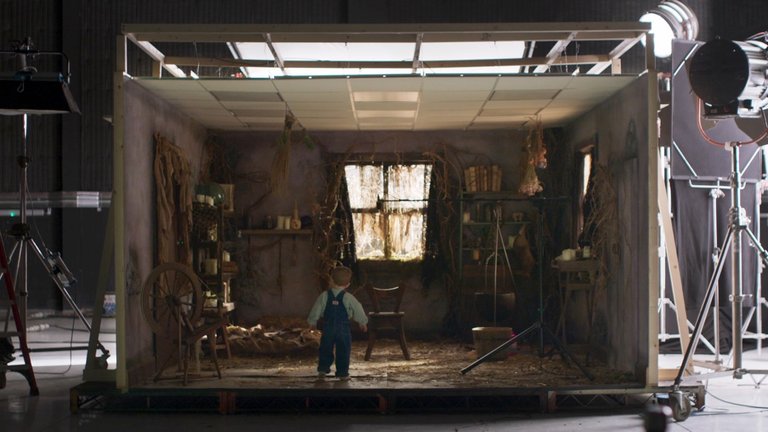
At the beginning, when talking about witches, Sankey intersperses cinematic representations of these characters and we can see scenes from memorable films such as The Tragedy of Macbeth, Hocus Pocus, The Crucible, The Wizard of Oz, The Witches of Eastwick, Jane Eyre, Rosemary's Baby and many more that serve to reinforce ideas, concepts, prejudices and show examples of the things that both she and the other women who speak in Witches are declaring. All are first-hand testimonies of difficult experiences that these women went through, almost always, without someone to help them without condemning them and to listen to them without judging them.
Al inicio, cuando habla de las brujas, Sankey va intercalando representaciones cinematográficas de estos personajes y podemos ver escenas de películas tan memorables como The Tragedy of Macbeth, Hocus Pocus, The Crucible, The Wizard of Oz, The Witches of Eastwick, Jane Eyre, Rosemary's Baby y muchas más que sirven para reforzar ideas, conceptos, prejuicios y mostrar ejemplos de las cosas que van declarando tanto ella como las demás mujeres que hablan en Witches. Todos son testimonios de primera mano de experiencias difíciles que estas mujeres atravesaron, casi siempre, sin alguien que las ayudase sin condenarlas y que las escuchara sin juzgarlas.
Sankey starts by talking about witches and links that theme with mental health and postpartum depression without losing the flow of the story, which then reconnects the testimonies of the women who speak with the initial theme of witches. For centuries women were accused of witchcraft only because they knew about medicine without being doctors (they didn't have the possibility to study, but they knew natural remedies), because without being empowered by a university they dedicated themselves to deliver babies, because they had suspicious attitudes, such as living in the suburbs or not believing in God, but in the midst of all these cases how many women were burned and hanged for hearing voices inside their heads? How many mothers were killed because they wanted to hurt their children without knowing that this impulse came from a broken mind and not from a source of evil? How many of them died because the Devil was mistaken for madness, be it psychosis, schizophrenia or whatever? One of the feats of Witches is to bring this issue to the table in the voice of those who have suffered from it and seek first to make visible, then to raise awareness and finally to accompany those who go through a similar situation while educating the rest about the reality of a difficult but treatable disease that can be overcome if diagnosed correctly. I liked the mix of testimonies, movie scenes and symbolic images and it made me want to watch Romantic Comedy, Elizabeth's previous work, to appreciate her talent in tackling a less dense subject, have any of you seen Witches, did you know about the existence of the documentary, and the relationship between motherhood and madness? I'll read you in the comments.
Sankey parte hablando de las brujas y enlaza ese tema con la salud mental y la depresión post parto sin que se pierda la fluidez del relato que luego vuelve a conectar los testimonios de las mujeres que hablan con el tema inicial de las brujas. Durante siglos las mujeres fueron acusadas de brujería sólo porque sabían de medicina sin ser médicos (no tenían la posibilidad de estudiar, pero conocían remedios naturales), porque sin estar facultadas por una universidad se dedicaban a atender partos, porque tenían actitudes sospechosas, como vivir en las afueras o no creer en Dios, pero en medio de todos estos casos ¿cuántas mujeres fueron quemadas y ahorcadas por escuchar voces dentro de su cabeza? ¿cuántas madres fueron asesinadas porque quisieron lastimar a sus hijos sin saber que ese impulso venía de una mente quebrada y no de una fuente de maldad? ¿cuántas de ellas murieron porque se confundió al Demonio con la locura, llámese psicosis, esquizofrenia o como sea? Una de las proezas de Witches es traer este tema a la mesa en la voz de quienes lo han padecido y buscan primero visibilizar, luego concientizar y finalmente acompañar a quienes atraviesen una situación similar mientras se educa al resto sobre la realidad de una enfermedad difícil, pero tratable que puede superarse si se diagnostica correctamente. Me gustó la mezcla de testimonios, escenas de películas e imágenes simbólicas y me dieron ganas de ver Romantic Comedy, el trabajo previo de Elizabeth, para apreciar su talento abordando un tema menos denso, ¿alguno de ustedes ha visto Witches? ¿sabían de la existencia del documental? ¿y de la relación entre maternidad y locura? Los leo en los comentarios.
Reviewed by | Reseñado por @cristiancaicedo
Other posts that may interest you | Otros posts que pueden interesarte:
 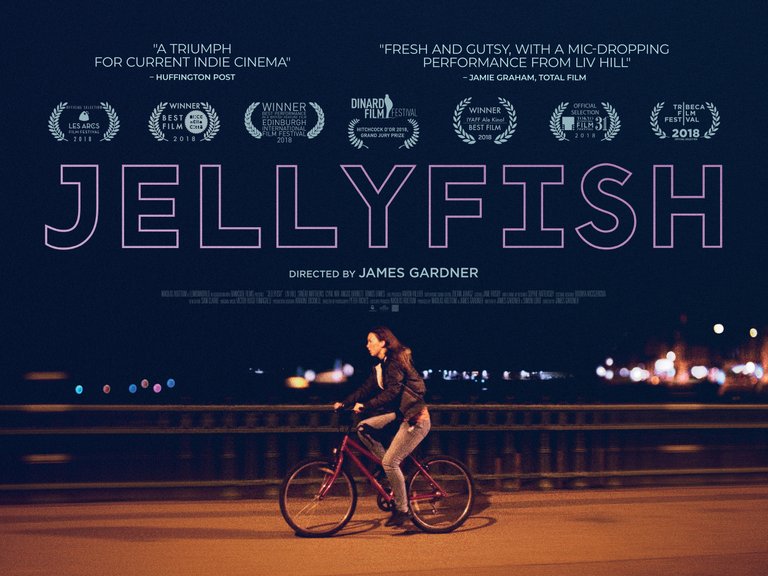 |
|---|
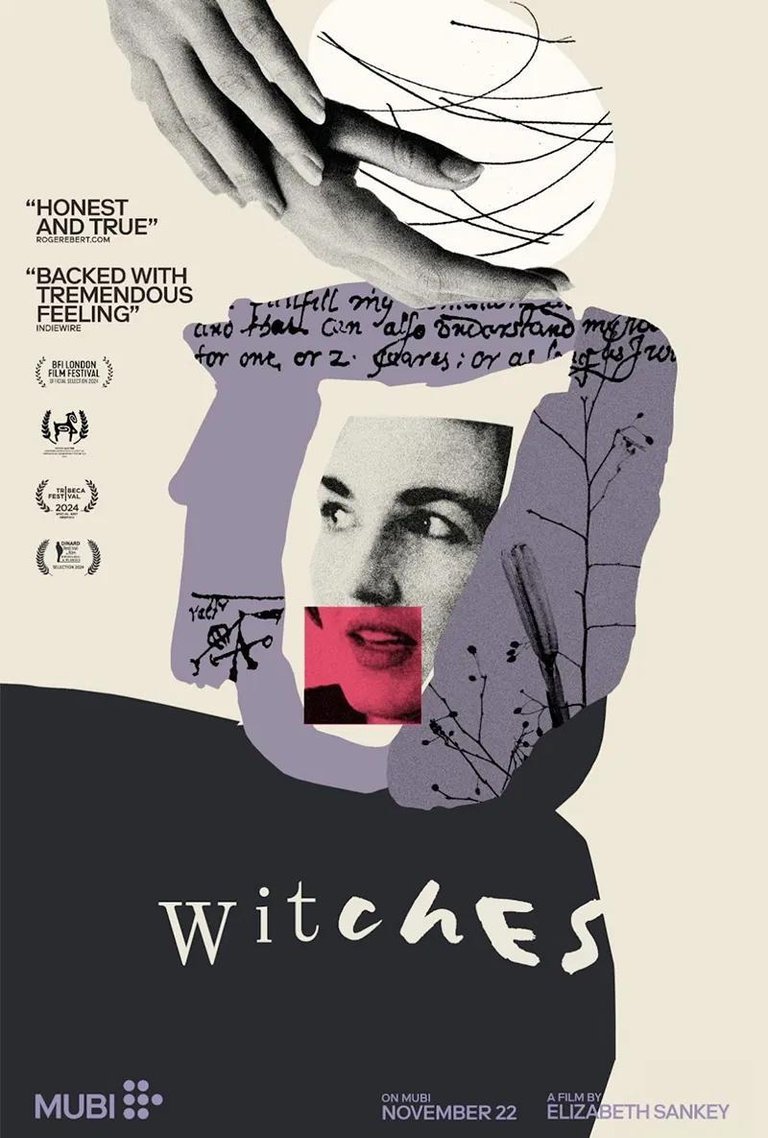
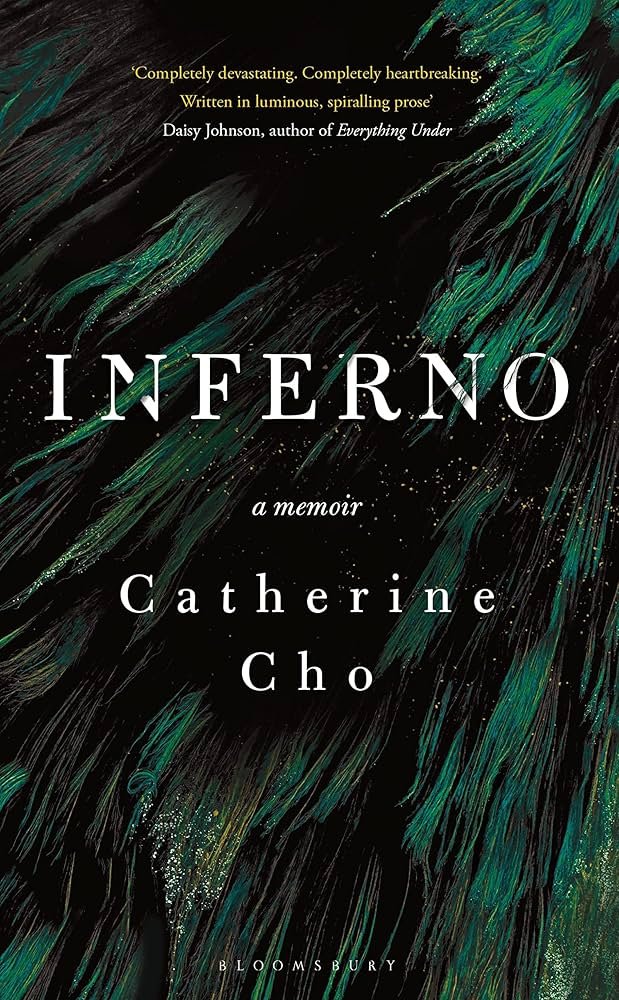
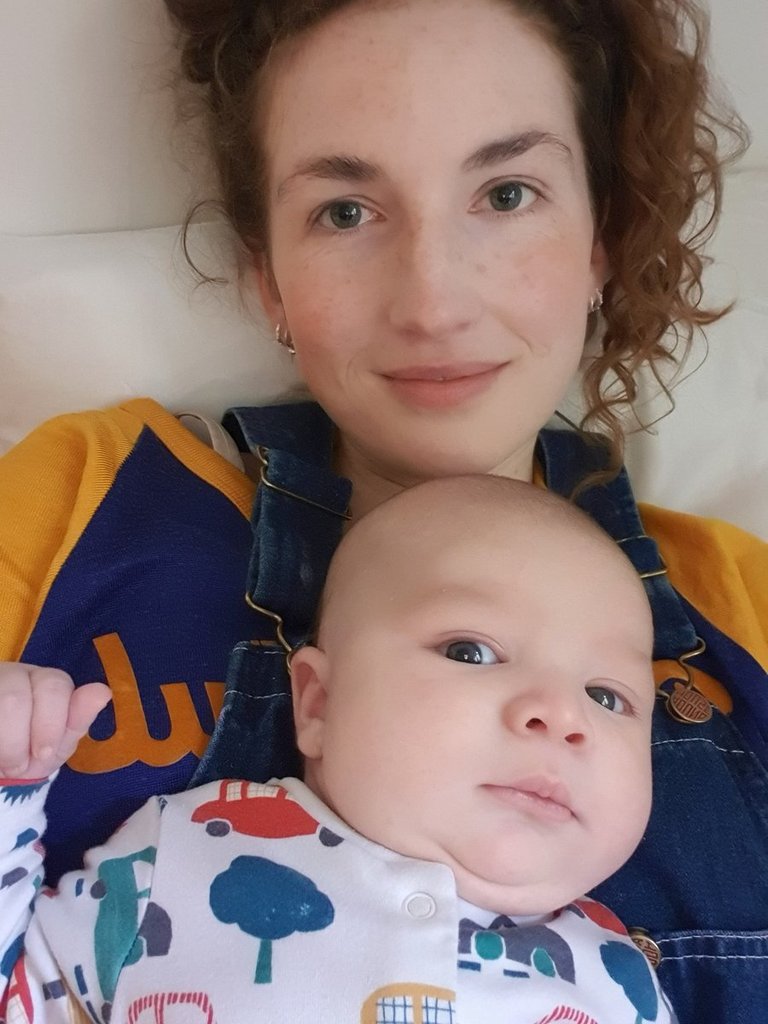
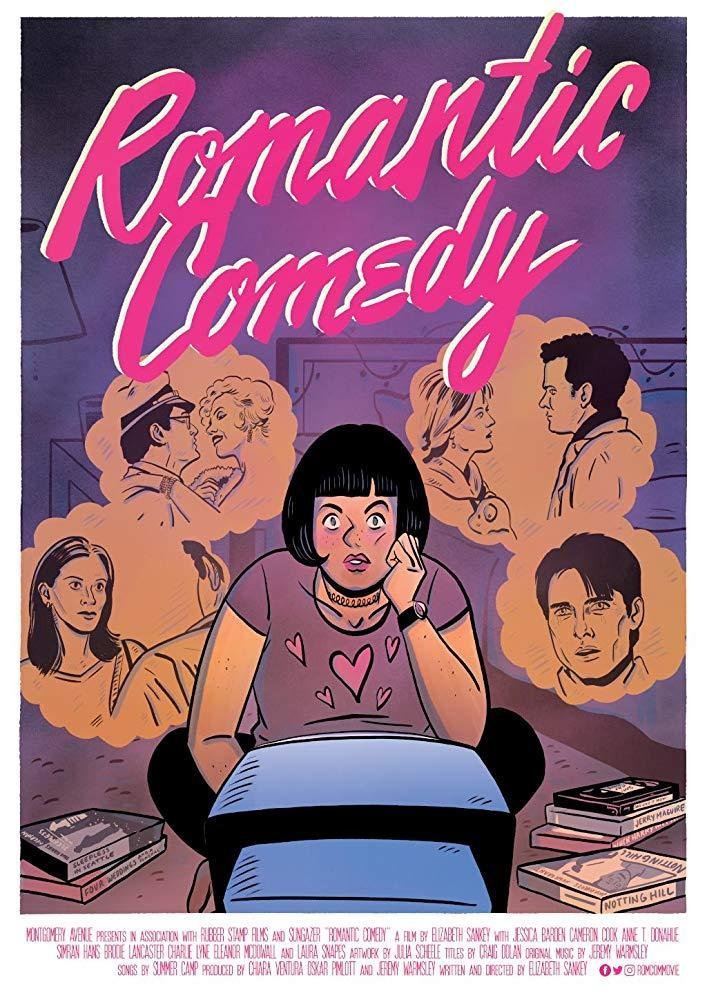
I didn't know it, looks really interesting, greetings!